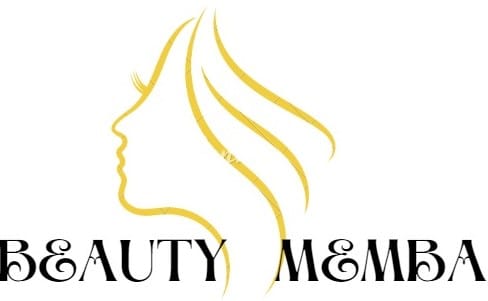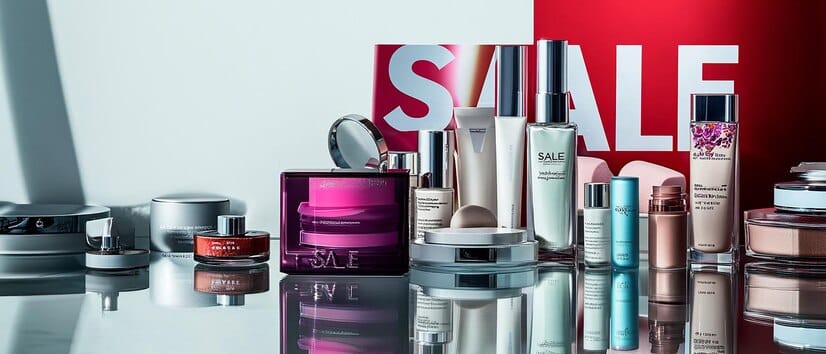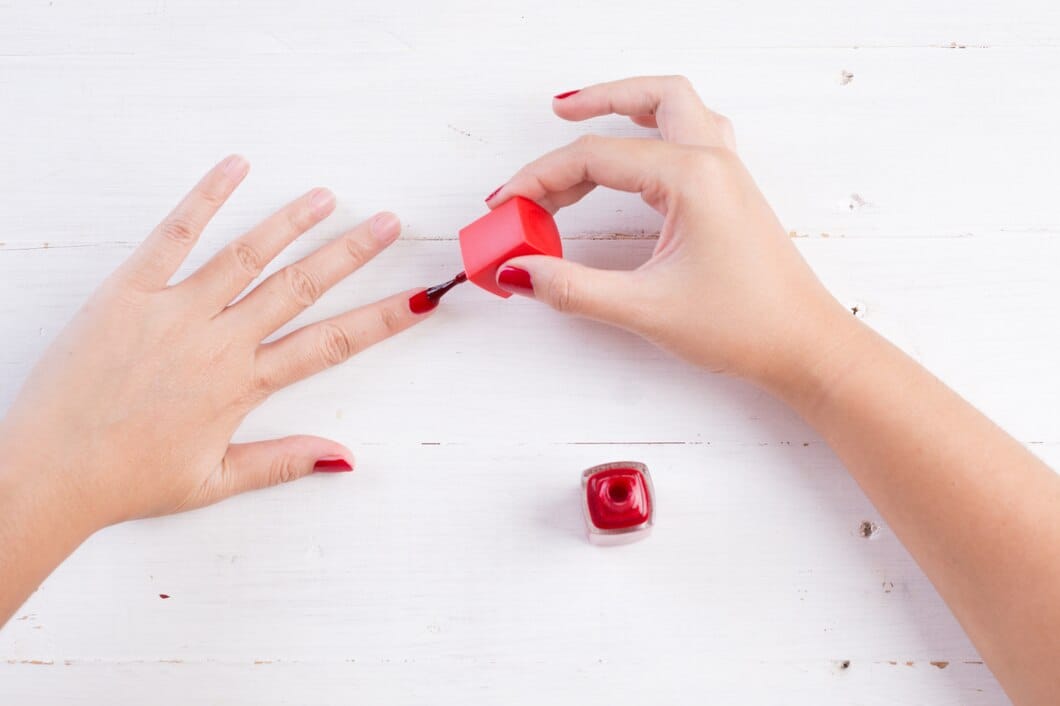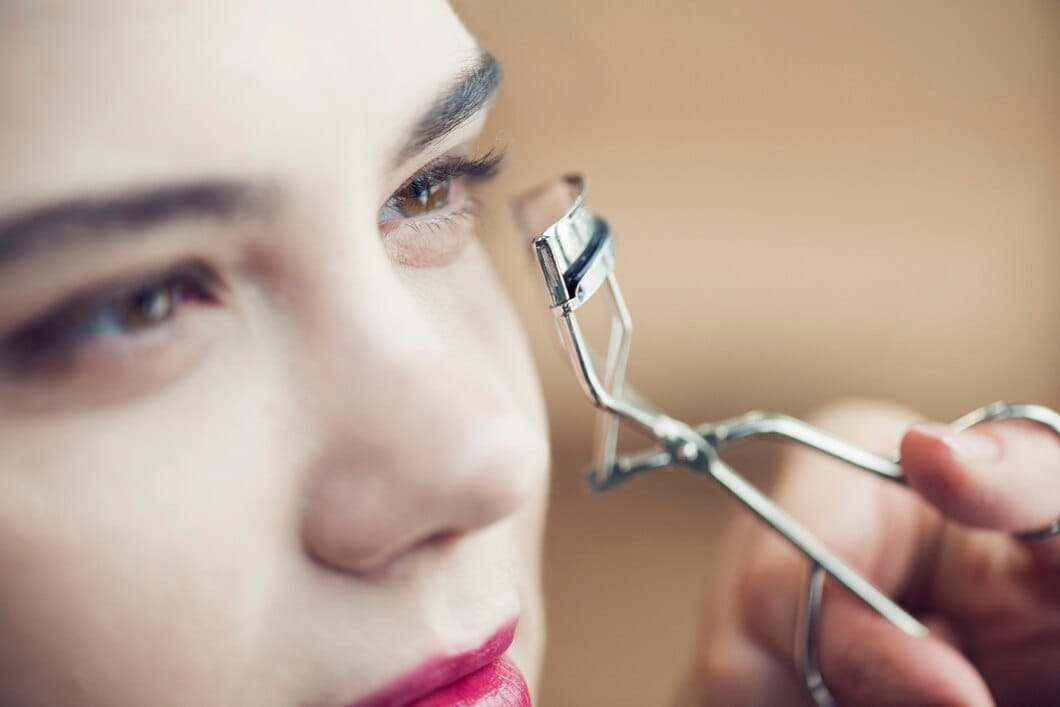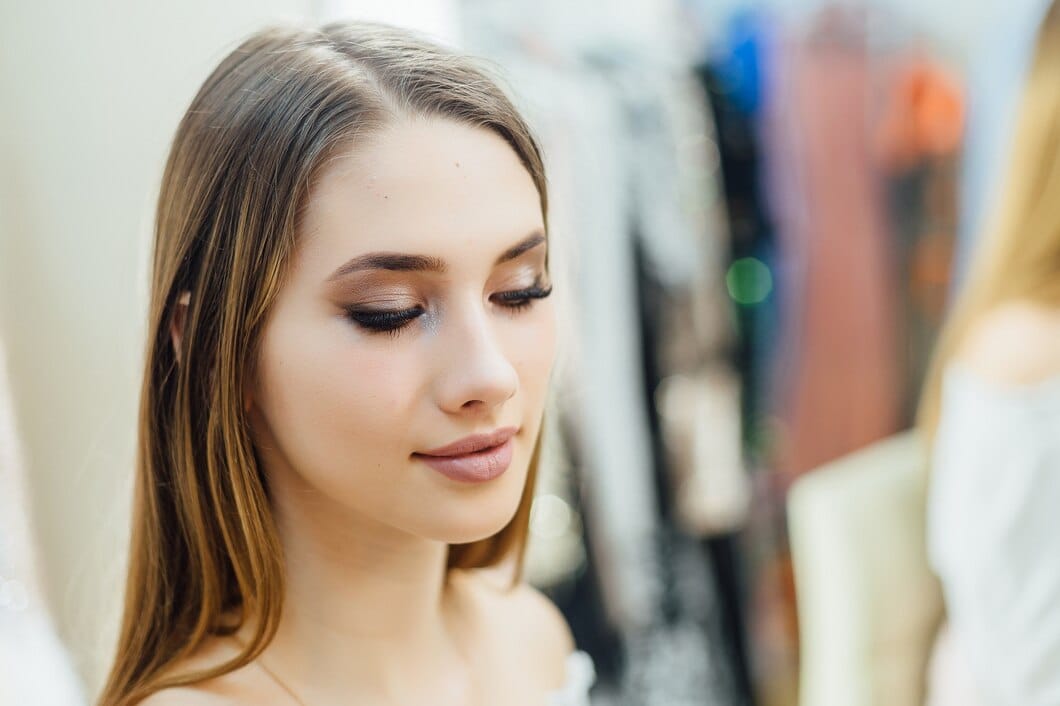In the digital age, social media has become an essential platform for beauty brands to connect with consumers. From showcasing product launches to engaging directly with audiences, brands have capitalized on platforms like Instagram, TikTok, and YouTube to drive awareness and boost sales. This article will explore the importance of social media for beauty brands and highlight those leading the way.
Why Social Media Presence is Essential for Beauty Brands
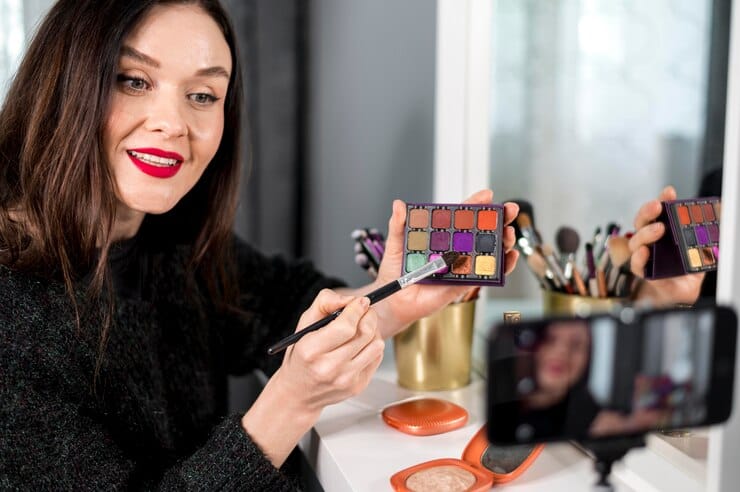
For beauty brands, social media is not just a marketing tool—it’s a lifeline. These platforms allow brands to engage with their audience in real time, building trust and loyalty through transparent and direct communication. Moreover, beauty is a highly visual industry, and social media offers the perfect medium to display products in action, whether through makeup tutorials, skincare routines, or glamorous photoshoots. The instant feedback loop also enables brands to adjust strategies based on audience preferences, making social media a crucial element of any beauty marketing campaign.
The Power of Influencers in the Beauty Industry
Influencers have revolutionized how beauty products are marketed and sold. With millions of followers and loyal fanbases, beauty influencers can turn a relatively unknown brand into a household name overnight. Their authentic reviews, tutorials, and product recommendations offer social proof, making them a trusted source for consumers. Mega influencers like Kylie Jenner and James Charles have partnered with beauty brands to create viral moments that translate into skyrocketing sales. Micro-influencers, while having smaller followings, often boast more engaged audiences, providing beauty brands with a cost-effective way to promote products to niche markets.
Criteria for Ranking Beauty Brands on Social Media
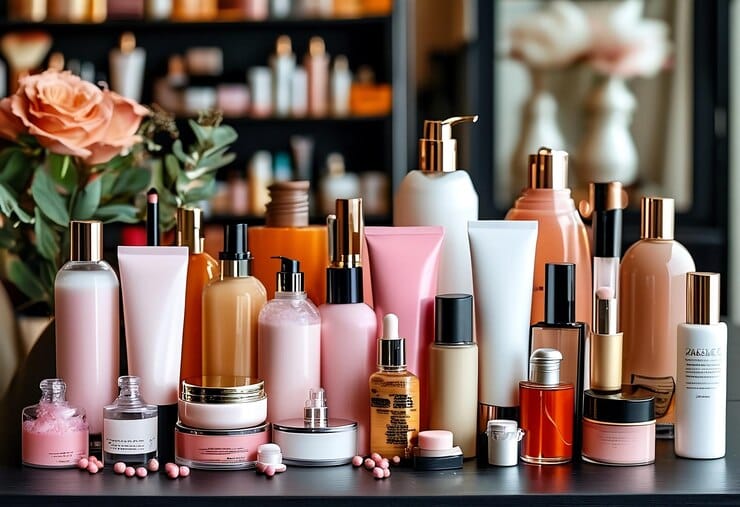
The popularity of a beauty brand on social media can be measured using several key factors. First, follower count and engagement levels are obvious metrics, but it’s not just about numbers. Quality content, meaningful interaction, and the ability to create viral trends also play crucial roles in determining social media success. In addition, user-generated content, collaborations with influencers, and the integration of interactive elements such as polls, giveaways, and live Q&A sessions elevate a brand’s presence and build a stronger online community.
Top Beauty Brands Leading on Social Media
- Fenty Beauty: Known for its inclusive approach to beauty, Fenty Beauty by Rihanna dominates social media with its diverse range of products and campaigns. The brand frequently goes viral for its foundation shades and innovative launches.
- Kylie Cosmetics: With Kylie Jenner at the helm, this brand has built an empire by leveraging her massive Instagram and TikTok followings. New product launches often sell out within minutes, thanks to her strategic use of social media.
- Glossier – Built on the premise of “beauty in real life,” Glossier has fostered an Instagram aesthetic that resonates with millennial and Gen Z audiences. The brand thrives on user-generated content and community-driven marketing.
- Huda Beauty: Huda Kattan, the brand’s founder, grew her brand by sharing makeup tutorials on Instagram and YouTube. Today, Huda Beauty boasts millions of followers who eagerly await each new product release.
The Role of TikTok in Boosting Beauty Brands
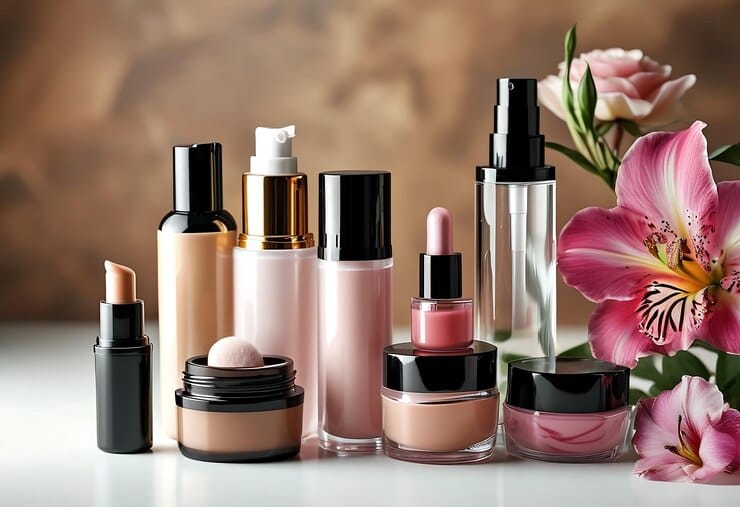
TikTok has emerged as a game-changer in the beauty industry. With its short-form, viral video format, beauty brands can reach younger audiences through makeup hacks, skincare trends, and viral challenges. TikTok’s “For You” page allows even smaller brands to gain massive exposure overnight, and many beauty products, like The Ordinary’s skincare, have gone viral on the platform thanks to influencer reviews and organic user promotion. TikTok has become essential for brands looking to stay relevant with Gen Z.
Instagram’s Role in Showcasing Aesthetic Appeal
Instagram remains the go-to platform for showcasing beauty products in visually appealing ways. Its emphasis on high-quality images, aesthetic feeds, and Instagram Stories makes it a powerful tool for beauty brands to showcase new collections, behind-the-scenes moments, and collaborations. Instagram’s Shopping feature also allows users to make purchases directly from posts, integrating social media engagement with e-commerce. For beauty brands, curating a consistent and visually stunning Instagram presence is key to maintaining customer interest.
The Impact of YouTube in Long-Form Beauty Content
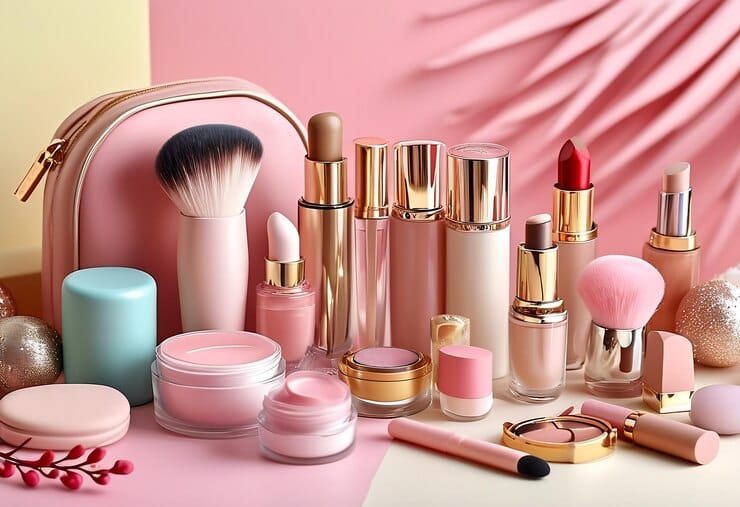
YouTube is the home of long-form beauty content, where influencers and beauty enthusiasts share in-depth product reviews, makeup tutorials, and skincare routines. This platform allows brands to provide detailed demonstrations and educational content that may not fit into shorter formats like Instagram or TikTok. Beauty influencers such as Jeffree Star and NikkieTutorials have used YouTube to build careers and drive massive traffic to beauty brands. With its vast library of searchable content, YouTube is an invaluable resource for consumers seeking honest, in-depth advice on products.
The Future of Beauty Marketing on Social Media
As social media platforms evolve, so will beauty marketing strategies. Emerging technologies such as augmented reality (AR) will enable consumers to “try on” beauty products virtually. Additionally, platforms like Instagram and TikTok are constantly updating their features to support e-commerce, making it easier for beauty brands to convert engagement into sales. As influencer marketing grows and consumer preferences shift towards more authentic, diverse content, beauty brands will need to stay agile, continuously refining their social media strategies to remain at the forefront.
Conclusion
Social media has transformed the beauty industry, providing brands with unprecedented access to global audiences. The brands that dominate these platforms have mastered the art of engaging content, influencer partnerships, and community-building. As platforms like TikTok and Instagram continue to grow, beauty brands must stay innovative to captivate audiences and secure their place as industry leaders.
FAQs
Which beauty brands are most popular on social media?
Fenty Beauty, Huda Beauty, Kylie Cosmetics, MAC Cosmetics, and Charlotte Tilbury.
How do beauty brands become popular on social media?
Through influencer collaborations, engaging content, and interactive campaigns.
What strategies do popular beauty brands use to engage followers?
Giveaways, live tutorials, behind-the-scenes content, and interactive posts.
Why is social media presence important for beauty brands?
It builds brand awareness, connects with the audience, and drives sales.
How do influencer partnerships affect beauty brands?
They provide authentic endorsements, increase reach, and boost engagement.
4o mini
